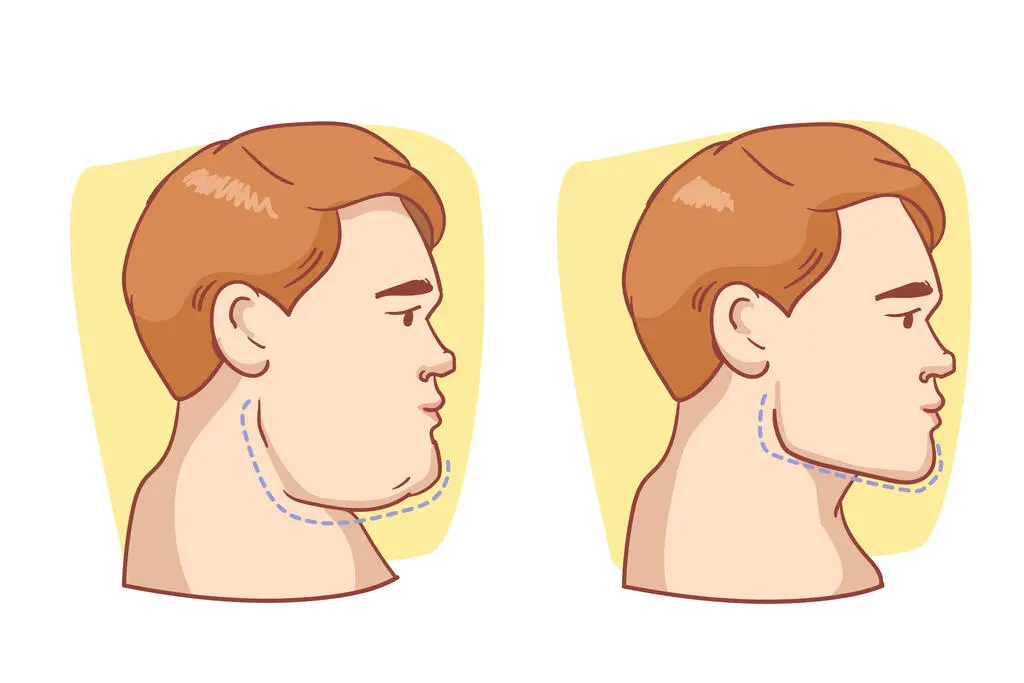In the ever-evolving landscape of healthcare, technology continues to play a pivotal role in transforming traditional approaches into more personalized and efficient solutions. Personalized healthcare, often referred to as precision medicine, is a revolutionary approach that tailors medical treatment and interventions to the individual characteristics of each patient.
This paradigm shift is made possible by advancements in various technologies, allowing healthcare professionals to provide more accurate diagnoses, targeted therapies, and improved patient outcomes.
Understanding Personalized Healthcare
Personalized healthcare recognizes that each patient is unique, with distinct genetic, environmental, and lifestyle factors influencing their health and well-being. This approach contrasts with the traditional one-size-fits-all model, where treatments and interventions are standardized for broader populations. By leveraging technology, personalized healthcare aims to customize medical care, optimizing treatment plans and minimizing potential side effects.
Key Technologies Driving Personalized Healthcare
Genomic Medicine
DNA Sequencing: Advances in genomic technology, particularly Next-Generation Sequencing (NGS), have enabled the mapping of an individual’s entire genome. This information helps identify genetic variations, mutations, and predispositions to specific diseases, allowing for personalized risk assessments and targeted interventions.
Big Data and Analytics
Data Integration: The integration of vast amounts of health data, including electronic health records (EHRs), wearable device data, and lifestyle information, enables healthcare professionals to gain comprehensive insights into a patient’s health. Analyzing this big data helps identify patterns, predict disease progression, and tailor treatment plans accordingly.
Artificial Intelligence (AI) and Machine Learning
Predictive Analytics: AI and machine learning algorithms analyze patient data to predict disease risks, treatment responses, and potential complications. This enables healthcare providers to intervene proactively, offering personalized preventive strategies and optimizing patient outcomes.
Telehealth and Remote Monitoring
Remote Patient Monitoring: Wearable devices and sensors allow for real-time monitoring of vital signs and health metrics. Telehealth platforms facilitate remote consultations, making healthcare more accessible while providing continuous monitoring for chronic conditions.
3D Printing
Customized Implants and Prosthetics: 3D printing technology enables the production of personalized implants and prosthetics tailored to individual anatomies. This not only improves the fit and function of these devices but also enhances patient comfort and satisfaction.
Blockchain Technology
Secure Health Data Management: Blockchain ensures the secure and transparent management of health data. Patients can have greater control over their medical records, granting permission for specific healthcare providers to access their information while maintaining data integrity and privacy.
Trends in Personalized Healthcare
Immunotherapy and Targeted Therapies:
As understanding of the genetic basis of diseases grows, immunotherapy and targeted therapies are becoming more prevalent. These treatments focus on specific genetic markers or immune responses, offering more effective and less invasive options for patients.
Patient Empowerment
The rise of health apps, wearable devices, and patient portals empowers individuals to actively participate in their healthcare journey. Patients can monitor their health, track lifestyle factors, and collaborate with healthcare providers for more personalized care plans.
Collaborative Research Initiatives
Global collaborations and research initiatives, facilitated by technology, allow for the pooling of diverse datasets. This collective approach enhances the understanding of rare diseases, accelerates drug discovery, and fosters a more collaborative and interconnected healthcare ecosystem.
Conclusion
The integration of technology into healthcare has ushered in a new era of personalized medicine, revolutionizing how we approach diagnosis, treatment, and patient care. As technology continues to advance, the landscape of personalized healthcare will evolve, providing more precise and effective solutions for individuals. By embracing these innovations, we can look forward to a future where care is not only more personalized but also more accessible and patient-centric than ever before. So, stay tuned with Fits alert to gain more insights about latest trends and technology to stay healthy!

















